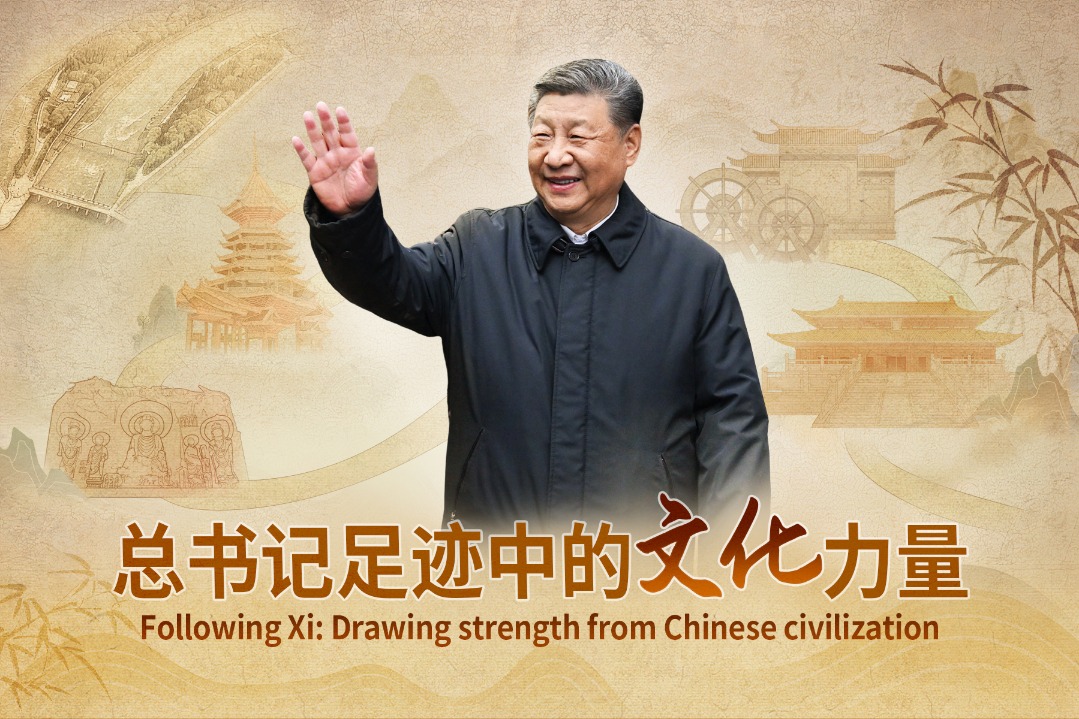UK retailers plump for renminbi

Most British businesses that have implemented this practice fall into the retail and manufacturing sectors, but Ford says this model suits businesses in many more sectors, travel and logistics being obvious examples.
"There is not a rush to local currencies, but what we are seeing is an emerging trend which we expect to grow as the renminbi continues to exert itself on the world stage as a global currency and ultimately a reserve currency."
The fashion retailer H&M is one company looking at paying its Chinese suppliers in renminbi. The company buys one third of its stock from China, its most important sourcing country.
The head of investor relations at H&M, Nils Vinge, says that at present it pays all its Asian suppliers in US dollars. "The deregulation of the renminbi creates opportunities for us to pay our Chinese suppliers directly in their local currency. We are now investigating this opportunity."
The Chinese government has been proactive in the process of internationalizing the renminbi in a step by step way, Standard Chartered's Vrontamitis says.
Chinese regulators are responding to market issues and making changes to the implementation of the rules to encourage more genuine cross-border renminbi trade transactions, he says, adding that the offshore settlement pilot scheme, previously applicable to only 20 provinces in China, was extended to include all of them in August.






























